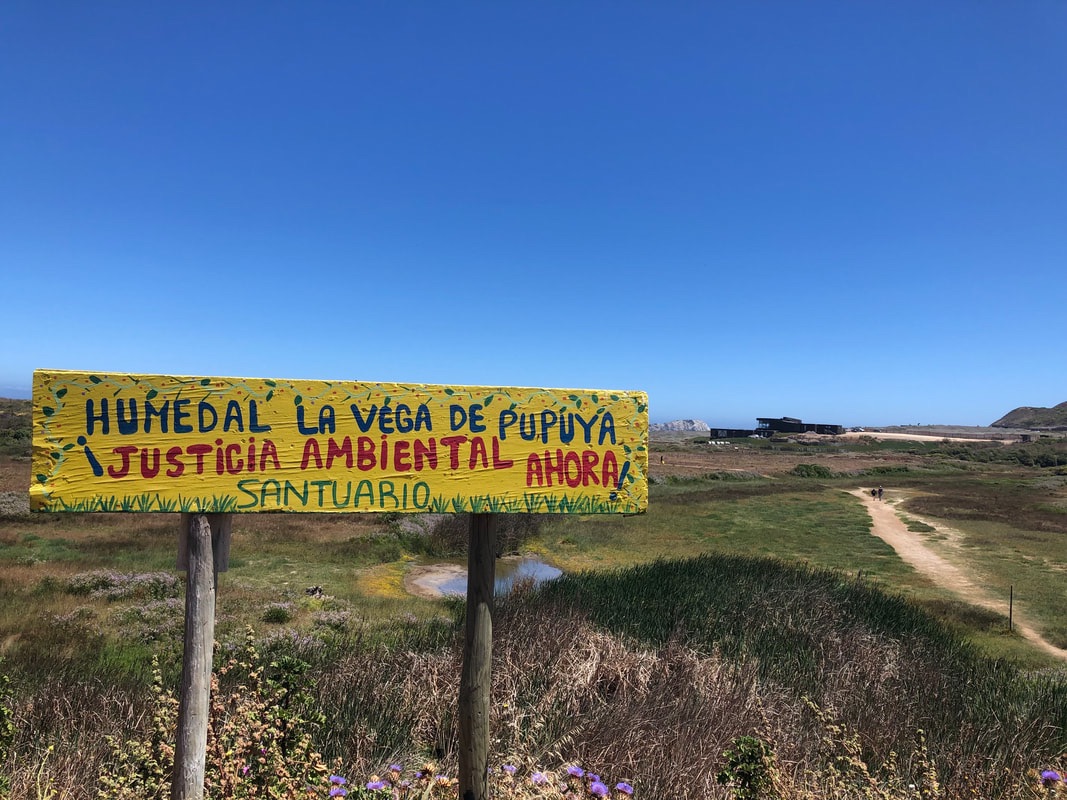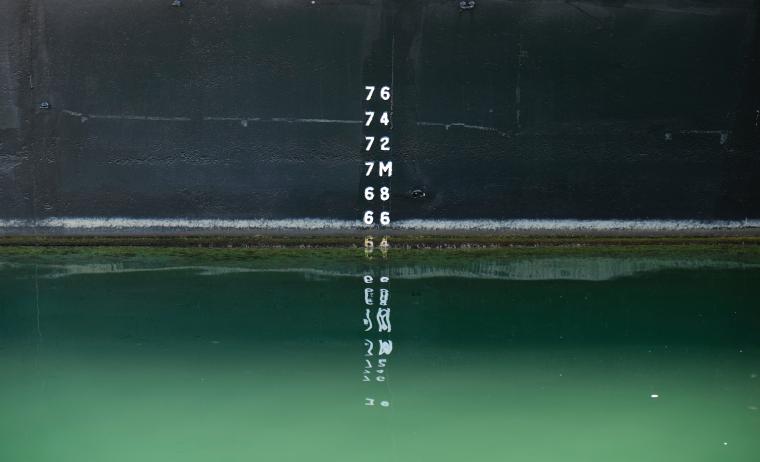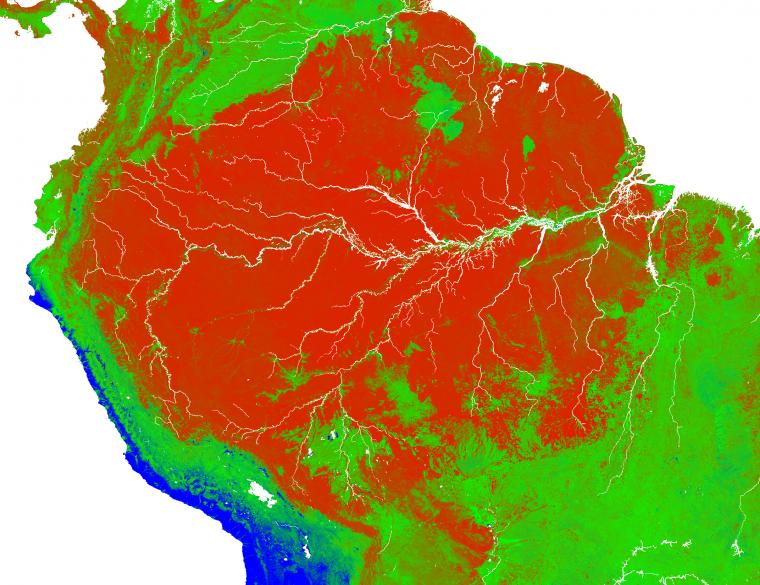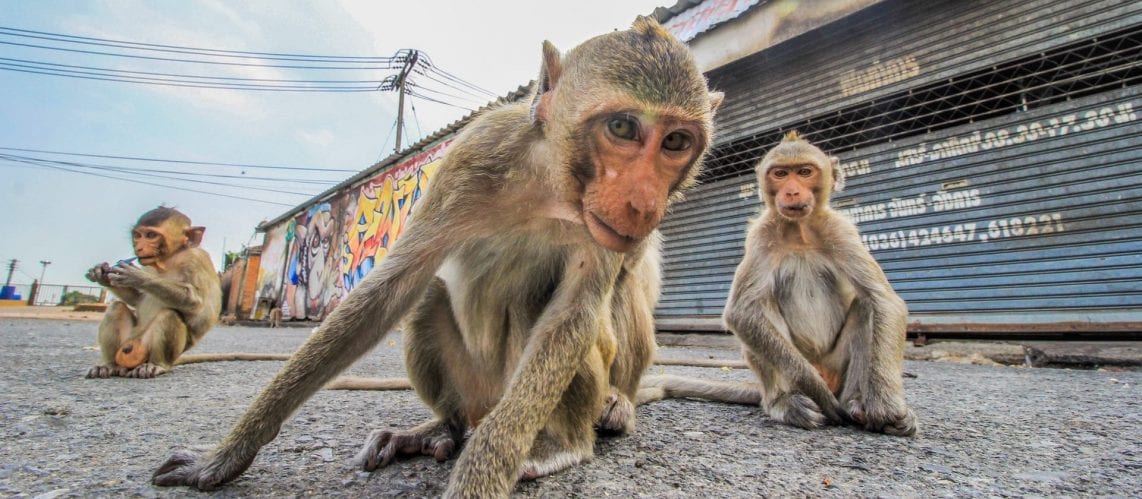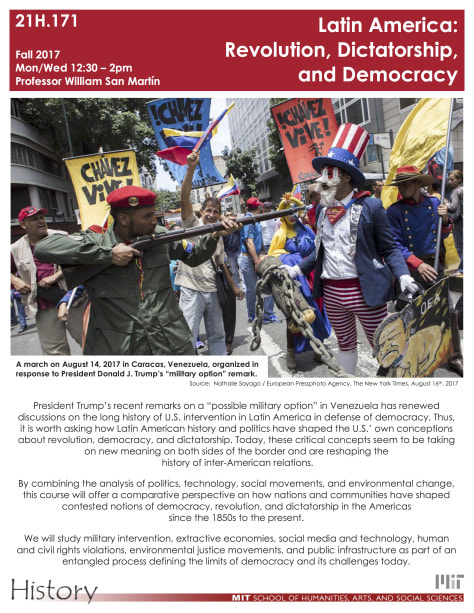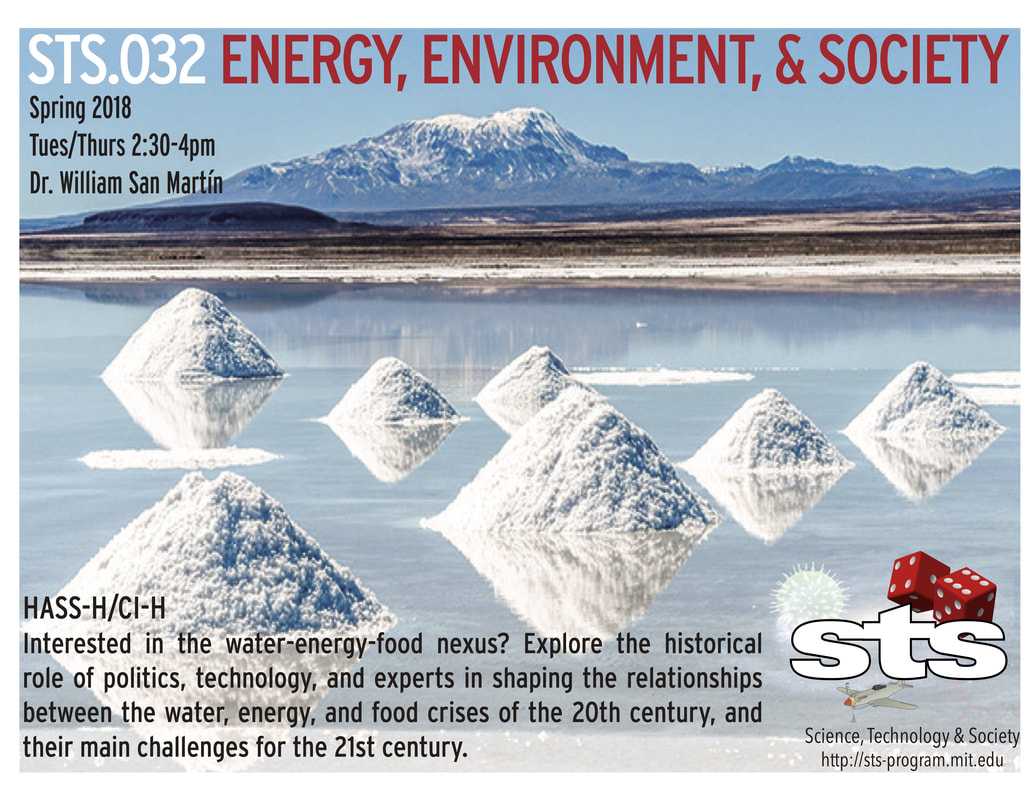Worcester Polytechnic Institute (2018-)
|
Global Climate Justice
Environmental Studies, History, International and Global Studies Spring 2022 The effects of vector-borne diseases increasing health inequalities, the rise of social movements fighting for social and racial equity, and the uneven realities of human-induced environmental change have renewed questions about long-lasting power disparities in Earth-human interactions. Today, many agree that ecological change disproportionately impacts communities across class, race, gender, species, and ecosystems. However, the complex mechanisms by which these inequalities arise, the power relations that enable these disparities, and their long-lasting effects across species are still under-studied. This seminar will examine issues of injustice and inequity in the recent history of anthropogenic climate and Earth system change with particular attention to issues of (anti)development, colonialism, resource extraction, and (de)growth in the Global South. The seminar welcomes discussions and projects that incorporate underrepresented agents (e.g., indigenous peoples, future generations, sexual and gender minorities, grassroots organizations) and non-humans (e.g., chemical forms, technologies, animals, and ecosystems) into a broader understanding of (in)justice and (in)equalities in the governance of Earth-human interactions. Seminar size ~12 Students Syllabus Global Environmental Governance
Environmental Studies, History, International and Global Studies Spring 2020, Winter 2022 Since the rise to prominence of global, transboundary environmental issues in the 1980s—from Chernobyl to climate change, stratospheric ozone depletion, reduction of the tropical rainforest, and the rise of "sustainable development"—environmental policy has shifted from a domestic focus toward international coordination and global governance. This new "architecture," developed during the final years of the Cold War and manifested most completely in the 2015 Paris Agreement, calls for a more interconnected approach to the global history and politics of environmental policy. This seminar uses comparative analysis to examine the social and ecological histories of global environmental policy. What similar challenges and lessons can we extract from the history of environmental management and governance in Uganda's Echuya forest reserve, and the Monteverde Cloud Forest in Costa Rica? What novel approaches can we craft from a greater understanding of the vast array of social responses to environmental problems in countries around the globe? What can developed nations learn from the expansion of environmental innovation and environmental justice movements in developing countries? how issues of justice and inequalities have entered (or not) the international environmental agenda? What is the role of colonialism, environmental movements, and scientific networks in this process? Some topics might include but are not restricted to: the role of scientific advisory panels and environmental assessments in transboundary policy; the need to integrate traditional indigenous knowledge into environmental planning and assessment; the place of Cold War and Post-Cold War politics in the expansion of global environmental policy; how non-state actors such as NGOs, environmental justice movements, and citizen-science advocacy groups have shape political and policy responses; the place of race and gender in environmental conflicts and justice; the lessons and challenges of environmental management and policy in developing countries; the inequalities of resources, knowledge, and pollution between the Global North and South; the politics and metrics of environmental risk and toxicity; and the challenges of integrating “rights of nature” with ongoing debates about humans rights and development in policy and social activism. Seminar size ~12 Students Syllabus 
Photo by Daniel Olah on Unsplash
Numbers and Socio-ecological Change:
Quantifications, Metrics & Models in Environmental Sciences and Policies History and Environmental Studies - Winter 2019 Research seminar examining the history of quantification in modern environmental sciences and policy. This course studies the process by which numbers and other quantitative mechanisms to collect, process, and predict data have monopolized our understanding of both ecological and social change. Some of the topics this seminar analyzes are mathematical climate models, predictors and risk management techniques, the use of computer models to inform decision-making, and current debates on how to create effective and ethical metrics for sustainable practices, sciences, and policies. Seminar size ~ 12 Students Syllabus Introduction to the History of Science and Technology
History - Fall 2018 Introductory class to the history of science and technology and science and technology studies for STEM undergraduates. It includes discussion of fundamental epistemological, theoretical, and methodological perspectives to the study of science and technology in society. The class also analyses four case studies: 1) Humans: Race, Genetics, and Biometrics; 2) Computers: AI, Machine Learning, and Big Data; 3) Animals: Living Organisms and Synthetic Biology; and 4) Breaking Binaries: Multispecies, Cyborgs, and Queer Theory. Class size ~25 students. Syllabus The British Empire: Science, Ecology, and (Under)Development
History - Spring 2019, 2020 Intermediate-level course examining the history of British imperialism through the lenses of science, disease, ecology, poverty, and underdevelopment. The course begins by examining critical concepts in the history of colonialism and imperialism and placing Britain within a broader context of European expansion. It continuous by analyzing how imperial politics defined knowledge(s), subjects, and ecologies and how they, in turn, contested them through the long history of British imperialism. The course investigates how these politics worked in three case studies: sugar and slavery, humans and animals on display, and disease and poverty. The course ends by reflecting on the long history of colonialism and the ongoing challenges to decolonize knowledge(s), bodies, and ecologies. Class size ~ 50 Students. |
Environmental Justice in the Global Caribbean and Latin America
Latin American & Caribbean Studies, International & Global Studies Spring 2023 Latin America and the Caribbean are center stage in discussions about the inequalities and injustices of our current global ecological crisis. What are the specific challenges Latin America and the Caribbean face regarding environmental protection and sustainability? What is the role of this region in global environmental change? How have cultural, economic, political, and social trajectories in this region shaped current debates on global ecological inequalities? This course offers a two-fold approach. 1) It examines historical and contemporary processes producing—and contesting—environmental injustices in Latin America and the Caribbean Basin. 2) It analyzes the role of this region in the politics and policy of global environmental inequalities, including the region’s relationship with the United States, China, and other major international polluters in issues such as climate change and sustainable development. The course integrates a range of topics including: environmental justice movements, gender, race and class inequalities, climate-related migrations, resource extraction, indigenous activism, colonialism, neoliberalism, (under)development, the rise of nature rights, and current debates on degrowth, sustainable development, and green technologies. Seminar size ~12 Students Syllabus Sustainable Innovation Hubs: Environmental Innovation, Technology & Society
History and Science & Technology Studies - Spring 2019 Research seminar examining the history of environmental innovation from an international and comparative approach. Using cases studies including WPI’s Global Projects Program and others from around the world, this seminar analyzes successes and failures in how expert communities, universities, government agencies, non-profit organizations, and industries, have envisioned and designed environments that foster sustainable innovation. This seminar combines the history of knowledge and technology transfer, economic and innovation theories, and science and technology policy to reflect on how, when, and where innovation happens. Some of the topics this seminar explores are the rise of innovation studies and sustainable development, the geographic and cultural aspects of technological and behavioral change, the socio-political dimensions of scientific and technical expertise, and the role of local knowledge and indigenous innovation. Seminar size ~12 Students 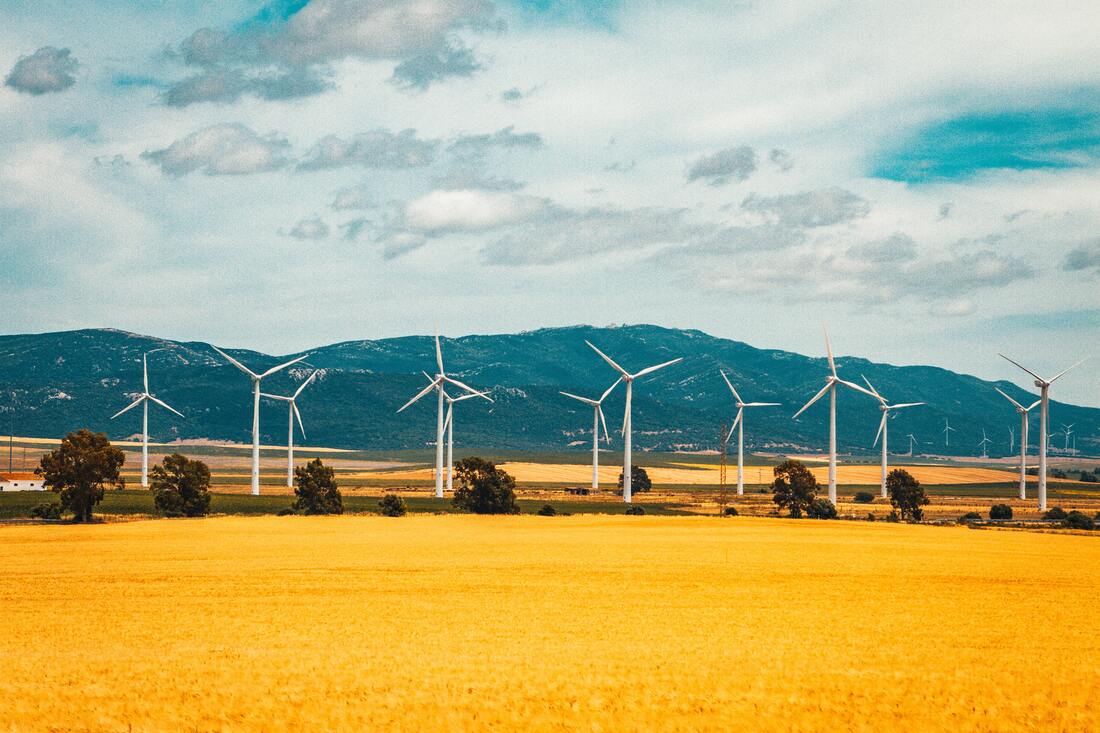
Photo by Raimond Klavins on Unsplash
Topics in Environmental History
Special Theme: Race and Global Environmental Justice History - Fall 2018, 2020, 2022 Intermediate-level course. Environmental change will catalyze social conflicts across the globe over the course of the next century. This course examines the history of race and social inequality in modern environmental conflicts. It asks how history can inform current debates on socio-ecological change and environmental justice globally. Using a comparative approach, it interrogates the ways racial inequality—and its links with class, gender, and other dimensions of social inequity—has been at the center of the history of global environmental conflict. In doing so, it positions the history of environmental conflict within a long history of democratization and social (in)justice. We pay particular attention to 1) rethinking the divide between the so-called “developed” and “developing” world; 2) the interrelations between local, national, and global processes of change; and 3) the place of social organization and social justice in current debates about sustainability and environmental change. . Class size ~50 students. Syllabus 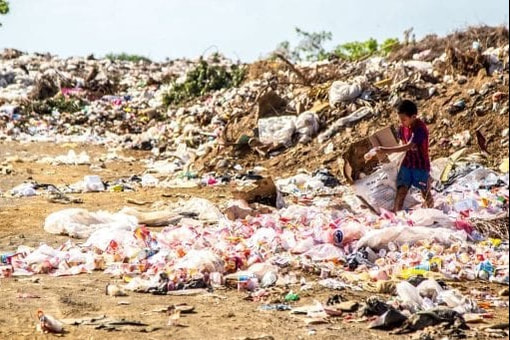
Photo by Hermes Rivera on Unsplash
Topics in Global Studies
Special Theme: The Science and Politics of Animal Rights International and Global Studies - Fall 2018 Intermediate-level course examining how the history, science, and politics of human-animal relations can inform current debates on the ethics and policies of animal rights. It interrogates how social movements and environmental awareness have expanded processes of democratization across species. The course studies 1) how cultural, economic, and political values have shaped the status of non-human animals around the world; 2) the international dimensions of scientific production and of animal protection movements; and 3) the tensions between social justice and animal rights in global democracies. Class size ~ 30 Students. Syllabus 20th-Century American Foreign Relations: International Development, Technology, & the Global Environment History - Winter 2019
Intermediate-level course exploring the history of U.S. foreign relations during the 20th-century through the lenses of science, technology, and the environment. It begins by examining how international relations are at the center of current debates on social, technological, and environmental innovation. The course continues by analyzing how notions of development and modernization shaped American international relations during the Cold War and beyond. Finally, it investigates how these notions worked through the 20th and 21st century in three case studies: the fight against hunger in Asia, communism in Central America, and terror in the Middle East. The course focuses on discussing how the politics of international development and access to natural resources created profound challenges for democracy, domestically and globally. Class size ~50 Students Syllabus Introduction to Environmental History
History - Fall 2020, 2021 This class is an introductory class to the questions, methods, and source materials that shape socio-historical studies of human-environment interactions. It examines major research questions, methodologies, and theories that guide the work of scholars across disciplinary fields for the study of socio-environmental change. Students in this class critically think about the historical origins of major global ecological issues today, such as climate change, sustainable development, environmental inequalities and justice, the interface of science and policy, indigenous and expert knowledge, extractive economies, market capitalism, and colonialism. Class size ~ 25 Students. Syllabus Deforestation in the Amazon. Carajas, Brazil. Photo by Sentinel Hub
|
Massachusetts Institute of Technology (2017-2018)
|
Latin America: Revolution, Democracy, and Dictatorship
History Section - Fall 2017 Survey class on the History of Latin America and Inter-American Relations (19th and 20th century) from the perspective of technology, development, and environmental change. Examining contemporary debates about democracy, dictatorship, and revolutions in the Americas, it emphasized the combined analysis of development projects, politics, social movements, and environmental change at a transnational scale. Class size ~7 students. |
Energy, Environment, & Society
Special Theme: Global Politics, Technologies, and Ecologies of the Water-Energy-Food Crises Program in Science, Technology and Society - Spring 2018 Introductory class on comparative, global history of science, technology, environmental change, and public policy with a particular focus on the water-energy-food nexus. Special emphasis was given to global North-South relationships and the socio-political aspects of technology transfer, governance, and policy change. Offered in the Department of Science, Technology, and Society (STS) as an elective class for both the Energy Studies and Environmental Sustainability Minors. Communication intensive class (CI-H) that emphasized writing, oral, and digital communication skills, problem-oriented and solution-driven assignments, critical analysis of primary and secondary sources (written and audiovisual), and research proficiencies. Class size ~18 students. Special Theme: Global Politics, Technologies, and Ecologies of the Water-Energy-Food Crises
Click here for course materials, syllabus, and more on MIT OpenCourseWare (OCW) |
